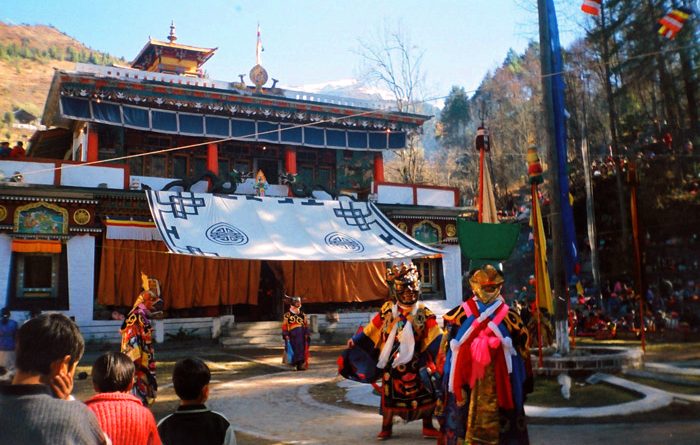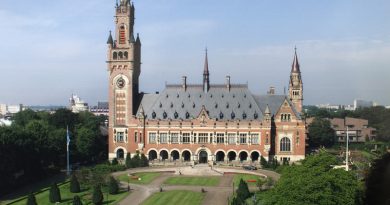New Year for Tibetans, Both at Home and In Exile
Alyssa Veltre
Staff Writer
Kyinzom, an Australian Buddhist, keeps a shrine in her living room carefully organized with offerings of fresh fruit beside a framed picture of His Holiness, the 14th Dalai Lama. Sitting beside is her daughter, Lhakyi, who takes lessons in the Tibetan language in Sydney despite never having been to the Tibet Autonomous Region in China. This year was special, as Kyinzom’s father, Tenzin Paljor, flew in from India, his adopted country for the last 60 years, to celebrate Losar with them.
Losar is the Tibetan Buddhist Lunar New Year, celebrated around February or March of each Gregorian year. Losar 2019 took place from February 5 to February 7. It is typically a 15-day celebration comprised of feasts, family gatherings, pilgrimages, and visits to temples and monasteries. However, since 1951, Tibet has been restricted from the practice of its own religion.
Kyinzom lives in exile, just as 128,000 other Tibetans do, according to the Washington Post. Today, the Tibet Autonomous Region regularly restricts practices of the religion due to imperialistic claims over the land. In 1951, after regaining independence after the collapse of the Qing Dynasty in 1912, the Dalai Lama signed a treaty that unknowingly allowed China to lay claim on the region and force out the Tibetan government, which now operates out of India.
Every year, the grasp China has around the Losar celebration tightens. Police blockaded monasteries the day before Losar this year, as security is regularly bolstered on cultural and religious dates, including the birthday of the Dalai Lama and Saga Dawa, a month-long religious event around May and June.
According to Free Tibet, one particular monastery, Tsuklakhang, issued a notice that no one could visit the temple for four days prior to the start of Losar because of “preparatory work.” However, the temple was allowed to remain open for 24 hours of the 15-day celebration.
Nonetheless, government workers were also required to report to work during Losar to prevent private celebration with families. Others were allowed to take holiday, but not on the day itself. An anonymous source in Chamdo told Radio Free Asia, “Many of [the worshipers] defied the order by going to visit the monasteries anyway.”
Chinese officials made public speeches urging Tibetan loyalty to Beijing. Among the rules set out in the announcements that Radio Free Asia reported was that they “denounced the Tibetan government-in-exile,” and would “not tolerate the harboring of religious faith and worshipping in secret.” These claims are supported by the projects undertaken in the last two years, detailed by an additional source from Free Tibet, such as the demolition of the monastery and academy of Tibetan Buddhism, Larung Gar.
The Tibet Autonomous Region of China is off-limits to journalists without special permission. Foreign correspondents may travel freely to some Tibetan regions, such as Sichuan, but must only attend carefully-organized propaganda tours of the region, which are run by the Foreign Ministry. The New York Times reports that it and other western news outlets have not been welcomed back on the tours in eight years.
Last year, American Journalist Steven Lee Myers and French Photographer Gilles Sabrié were imprisoned for 17 hours of questioning by police for their motives in the region. U.S. President Donald Trump has signed a law to punish Chinese officials who encourage the restriction of access to Tibet by American reporters by restricting trade, but the effects have been miniscule at best, according to an additional report from the New York Times.
“In Tibetan Buddhism, we believe our suffering and negativity is a result of ignorance, hatred, and ego, so it’s letting go of all that negativity and bringing in the new year with good energy,” Kyinzom told ABC, her daughter playing in the background. “We might be black, white, brown, of different skin colours, but fundamentally we all want happiness and we do not want suffering.”


